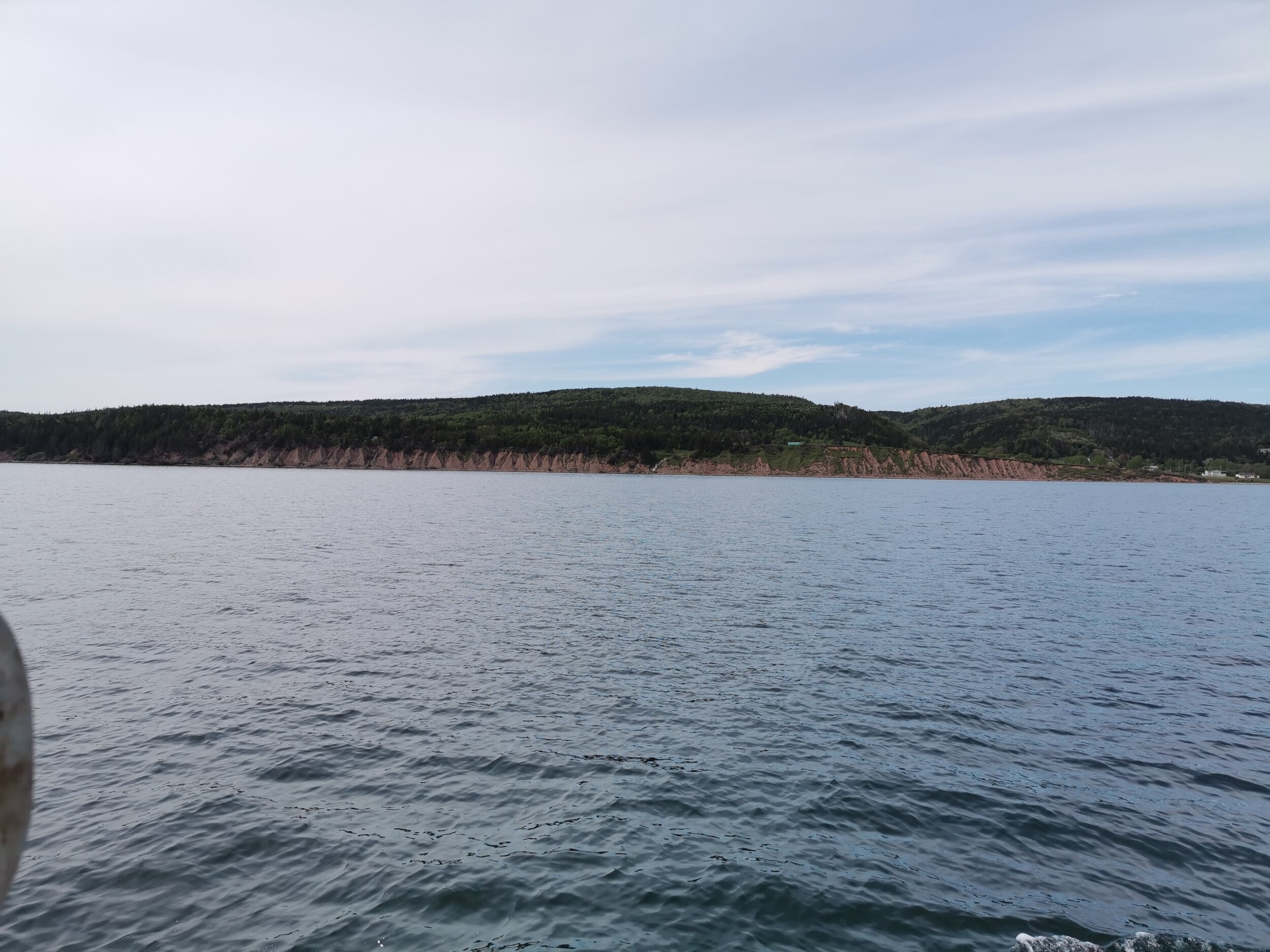Shelley Denny is Director of Aquatic Research & Stewardship at the Unama’ki Institute of Natural Resources (UINR) and is a partner on Apoqnmatulti'k.
Shelley Denny, Director of Aquatic Research & Stewardship at UINR
Where did you grow up?
I grew up in the Mi’kmaq community of Potlotek, on the Bras d’Or Lake in Nova Scotia.
What is a typical day like in this job?
Lately, due to COVID-19, it is mostly emails and virtual meetings. We develop communication products, work with the community, and continue to further our relationship with the Bras d’Or Lake in different ways.
What do you enjoy most about your role as Director of Aquatic Research & Stewardship at UINR?
There are so many facets to my role as director. I have a great team who I work with. I have opportunities to provide technical support to our leaders, and to share how we use Two-Eyed Seeing at UINR. Being in the field is humbling and there is so much more to water than meets the eye.
How is your role with Apoqnmatulti’k different from other projects that you’ve been a part of?
The Mi’kmaq have a prominent role in Apoqnmatulti’k. We offer a different way of doing things that challenges conventional scientific research methods. What is different for me is that the project has meaning. It isn’t only about tracking animals and meeting scientific research objectives; it’s about an understanding that we need to help and understand each other.
Shelley conducting field work in the Bras d’Or Lake.
What does Apoqnmatulti’k mean to you?
Apoqnmatulti’k is more than the title of the research project. It is the principle guiding our actions. As researchers and experts in our fields, we know that we can't, and don’t, know everything. Apoqnmatulti’k offers the space to not only integrate different knowledge systems, but to provide the foundation of understanding that our knowledge systems will collide. We help each other through those collisions.
Why do you think animal tracking is important?
Animal tracking is important because it can help support better decision-making, especially for habitat use and protection for species at risk.
What is something most people may not know about lobster and/or eel in the Bras d’Or Lake?
The lobsters are large in the Bras d’Or, and smaller ones are not easy to find. The same applies to eels.
Bras d’Or Lake, Unama’ki (Cape Breton).
What is something new you learned while working on this project within the past year?
I thought the use of the ROV was neat; there are corals in the lake that I wasn’t aware of!
What are you most proud of with Apoqnmatulti’k?
There are a lot of things I am proud of but I am mostly proud of how Mi’kmaq involvement is changing the way research is being conducted. We are partners, and we have an equal role in how the research is carried out, including co-developing research objects and questions, and mentoring students who are participating.
What do you like to do outside of work?
I am trying to enjoy life more and have more “fun”. I enjoy swimming and travelling (not lately though!) and water sports.



